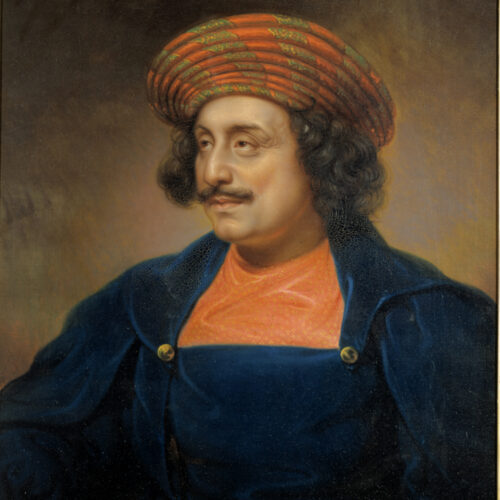

Indian social and religious reformer Rammohun Roy is sometimes referred to as the ‘father of modern India’: a progressive thinker, pioneering journalist, and the first Indian intellectual to sail to Europe. There, Roy influenced the thinking of a variety of individuals associated with the development of organised humanism in the UK, including ‘rational religionist’ and philanthropist Robert Owen, South Place leader William Johnson Fox, Fox’s successor Moncure Conway, and the freethinking writer Harriet Martineau.
Rammohun Roy was born into a wealthy family in Radhanagar, Bengal, India. An intelligent and well-travelled child, he learned Sanskrit, Persian, Arabic, and English, all of which assisted his prolific writing, and international correspondence. As a young man, he worked for some years as an assistant and translator in the British East India Company, continuing to read widely, think critically, and study religion. He wrote a number of religious polemics, decrying Hindu superstitions and idolatry, and arguing for monotheism (a belief in one god). The founder of two of India’s earliest newspapers (one in Bengali, and another in Persian), Roy championed the pursuit of knowledge, discussion, and education. During the 1820s, responding to British censorship of the Calcutta press, Roy mobilised: organising a protest asserting the right to freedom of speech and belief. From this point onwards, he became increasingly focused on radical reform.
Roy denounced the caste system, and worked to abolish the customs of sati (the burning of widows on the death of their husband) and child marriage. In 1828, he established the Brahmo Samaj, a Hindu sect drawing on elements of liberal Christianity. This became a significant vehicle for reform, including in the education of women, the remarriage of widows, and the prevention of child marriages. In 1830, Roy travelled to England as an ambassador. It was here that he met and corresponded with many key figures in the realms of freethought and progressive religion.

One of these was Welsh reformer and secularist Robert Owen, who described Roy as one of ‘the most generally learned, intelligent, and acute men I have met with’. Owen, who had disregarded religion as a young man, later recalled a discussion with Roy on the subject:
After our minds had been fully opened to each other, I asked him (as he stated that he knew accurately, having long studied them, all the religions of the East and West that had made any lasting progress in society) if he knew one in which the priests did not say — “Believe as I tell you to believe, disbelieve what I tell you to disbelieve, reverence me, and pay me well, and you will go to heaven when you die. But if you do not do these things, you will be everlastingly punished.” He hesitated for some time, and then said — “I have recurred to all the religions I know, and I must admit that that which you have stated is the essence of each of them.”
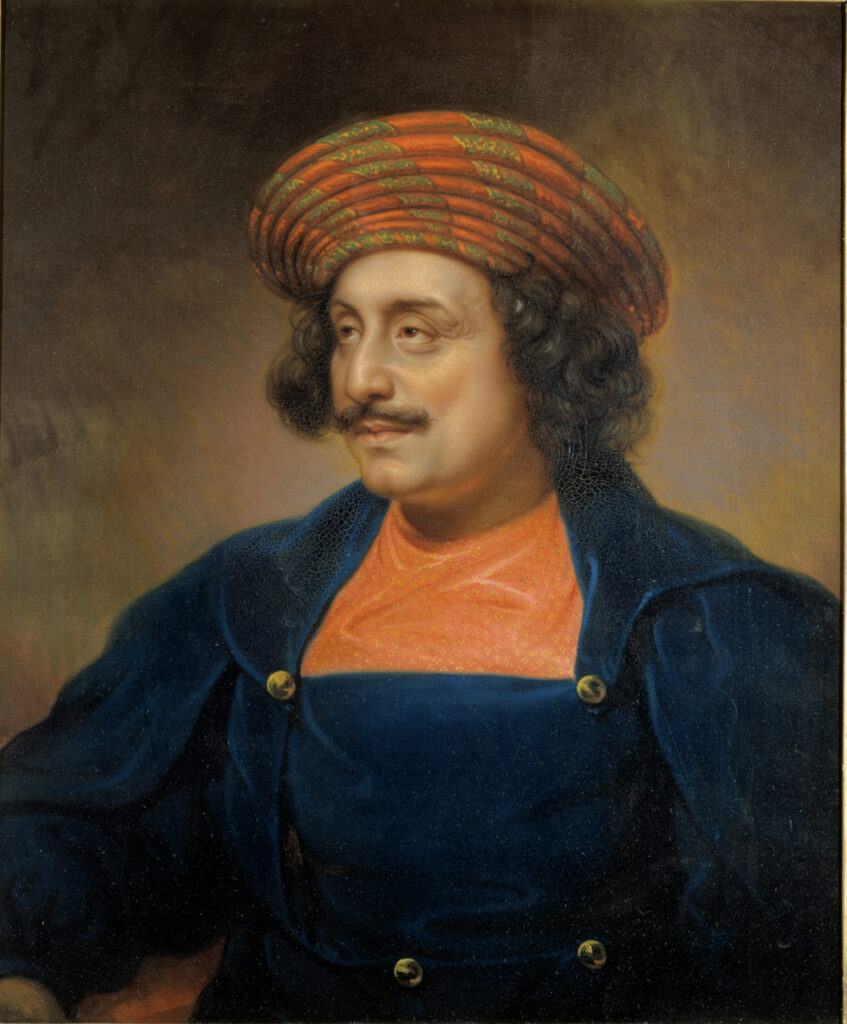
Roy was drawn to the creedless and open-minded Unitarian faith, then the guiding system at South Place Chapel, Finsbury (which would later become a humanist ethical society). Moncure Conway, describing Roy’s humane social reforms and wide scholarship, noted the profound influence of his thinking on William Johnson Fox, whose enlarged conception of universal feeling, attributed to Roy, helped to usher in the increasingly humanist outlook of South Place. Conway suggests that Fox’s reading of ‘the Hindu religious poetry translated by Rammohun Roy into English’, awakened him ‘to a recognition of a unity larger than Unitarianism’:
He startled many prejudices, and had to conquer prejudices about “heathenism,” before he could obtain an association large enough to include Rammohun Roy.
Through Roy, Fox ‘learned how to enlarge his conception of Christianity until it inevitably became to him a universal and human religion.’ Conway speculates that it might have been ‘under an influence left by Rammohun Roy that Mr. Fox recognised some sectarian narrowness in raising the Scripture of one religion authentically above those of all others’, noting that within Fox’s notebook of gathered quotes for use in his ‘sermons’ were translated lines by Rammohan Roy. While in London, Roy also met the philosophers Jeremy Bentham and James Mill.
Rammohun Roy died suddenly on 27 September 1833, while in Bristol. The following month, South Place held a memorial service, for which Harriet Martineau wrote a hymn, set to music by Eliza Flower. These were, noted Moncure Conway, the first original compositions ever sung in the Chapel.
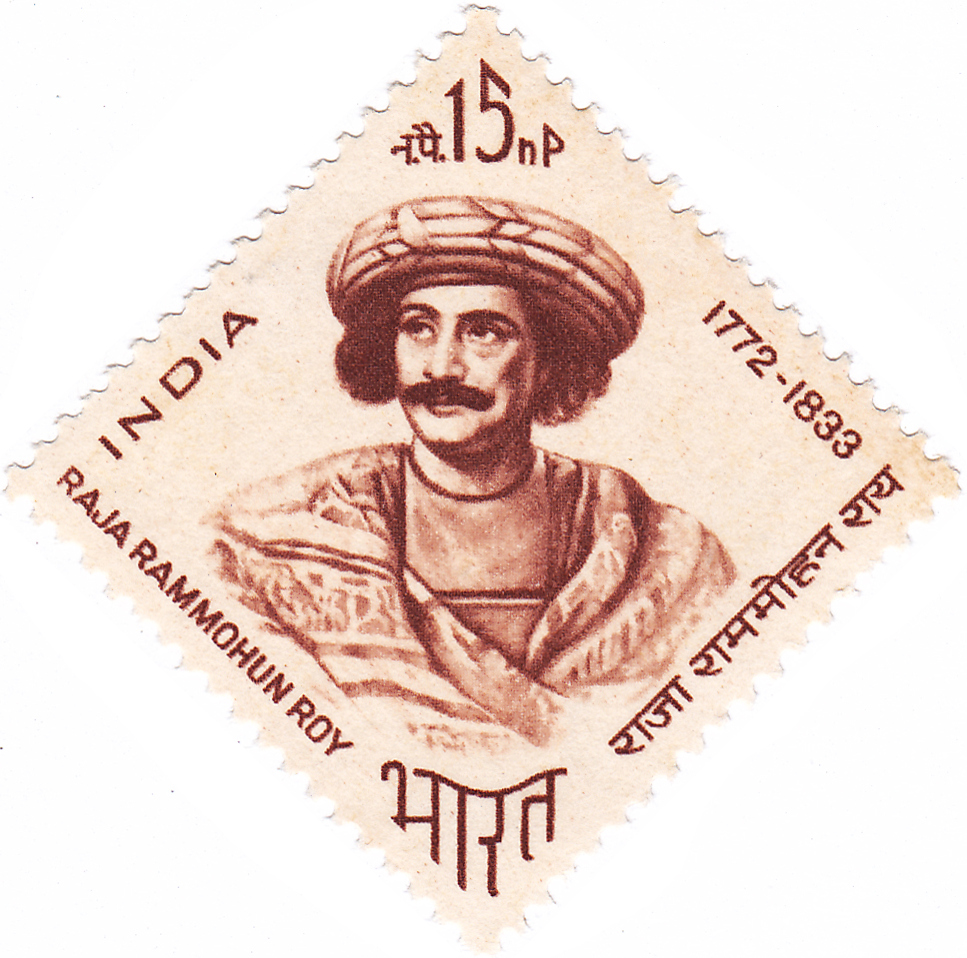
Rammohan Roy exerted significant influence on some of the major ancestors of the organised humanist movement, and prefigured the sense of international fellowship which would go on to be central within the ethical societies. Through his scholarship and example, he helped to imbibe a sense of universal similarity, enlarging notions of the religious, and leading to an increased emphasis on the common moral goal underpinning humankind’s major religions. This laid the foundations for the Ethical movement‘s focus on deed without creed, and the secular morality of humanism.
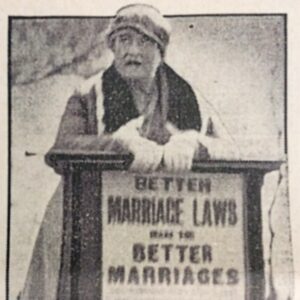
If the basic cause of an unsuccessful marriage is removable, conciliation is the proper procedure. If it is not removable, […]

William Pirrie Barbour was a classicist, codebreaker, teacher, and activist. A rationalist and humanist, Barbour championed integrated education in his […]

The object of this Society is: To increase the knowledge, the love, and the practice of the right. Its bond […]
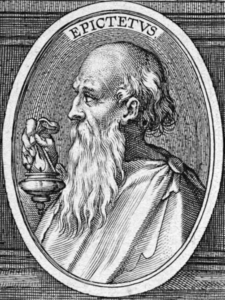
For I am not everlasting, but a human being, a part of the whole as an hour is a part […]